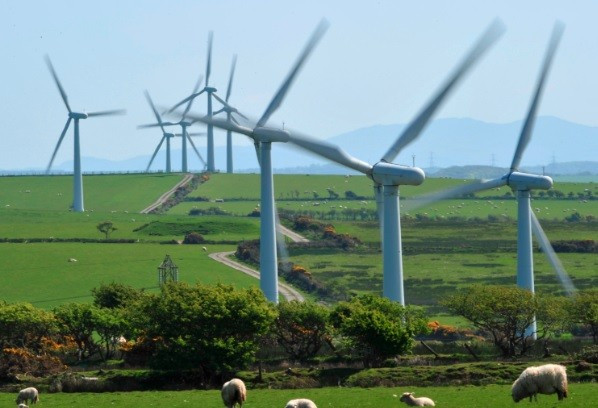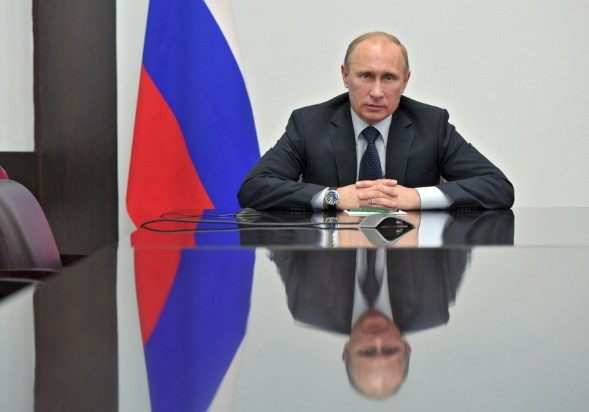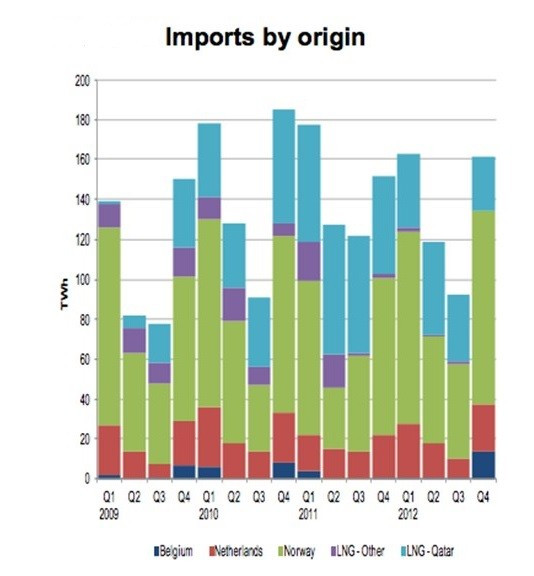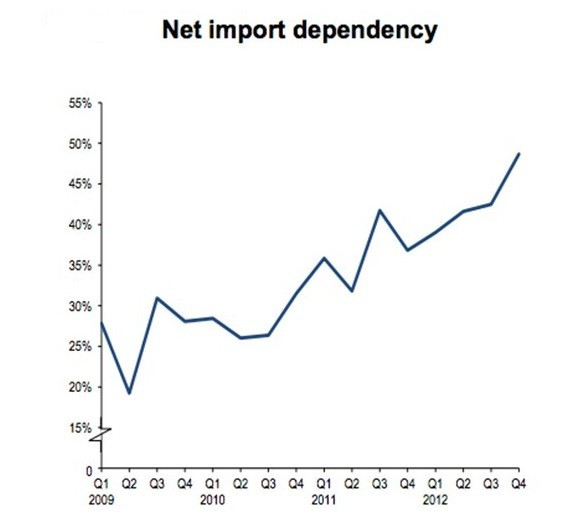British Public's Hypocrisy Over Anti-Fracking in Shale Gas Sector is Breathtaking

As dozens of anti-fracking protesters descend on Cuadrilla's Balcombe shale gas site in Sussex, in a tornado of ridiculous costumes and make-shift signs, it seems that all scientific evidence, safety procedures and hopes for enhanced British energy security, as well as growth in jobs and the economy, have fallen on deaf ears.
Reminiscent of scenes of Glastonbury Music Festival after the toilets have packed up, protesters have camped out to show their disdain for the infant shale gas sector that could help turn our economy around.
"Safe fracking is a bad fairytale," reads one sign, held by a rather dour looking middle-aged fairy, while others machinegun us with 'hilarious' puns on the term fracking - the use of hydraulics to fracture shale rock from deep underground in order to release the gas.
Maybe, considering their arguments, they came up with the slogan 'Frack Off!' before they bothered to read the independent surveys, understand how the process works and what legislation is being put in place to safeguard the public from any catastrophic environmental disasters.
Picking and Choosing The Facts

Firstly, the hypocrisy lies in what we want from British industry and how we ever expect to become an economic and industrial powerhouse again in the face of globalisation.
We are suckers for nostalgia, we mourn the loss of any institution (apart from a bank).
You only need to say "Thatcher" and red-faced, fist clenched hatred from yesteryear people start shouting "miners" and how the Conservative government at the time unravelled the incumbent British, loss-making at the time, coal industry.
But yet we don't hear about how coal is one of the dirtiest fuels to burn, while gas is more environmentally friendly and will promote safer working conditions for staff.
Campaigners against fracking also say it causes earthquakes. But what they don't ever bring up is that coal mining causes mild tremors too.
Yes, fracking does cause mild tremors, but what the campaigners don't mention is that the British Geological Survey has shown is that the most recent on was at a magnitude of less than one on the Richter scale, classifying it as a 'micro' earthquake.
This is similar to "a bus or a lorry passing" by a building.
Britain Still Ploughs Ahead on Renewable Energy

Furthermore, critics also say that the focus on shale gas in Britain, a fossil fuel, is a distraction from the country's climate change obligations and the government should instead focus primarily on renewables, such as wind power.
Interesting, considering Britain opened the world's second largest offshore wind farm off the Suffolk coast in August, which will help generate enough renewable energy to power around half a million homes.
According to the government's Offshore Wind Industrial Strategy, the sector could contribute as much as £7bn to the UK economy in 2021, having created 30,000 jobs along the way.
The government is also investing £20m through the Regional Growth Fund in the wind energy sector's supply chain, as well as £46m in research and development to "join up innovation between industry, government and academia and help companies to bring new products to market."
Energy Security

Shale gas, as part of the unconventional gas sector, could loosen some of the UK's heavy reliance for its gas needs from countries such as Qatar and Russia [Figure 1].

A British Geological Survey (BGS) said there is as much as 1.3 trillion cubic feet of shale gas lying under Yorkshire and Lancashire alone, meaning our reliance could be relinquished if we can get the industry off the ground.
Many suffer from energy poverty in this country as electricity and gas bills consistently rise. So why not create our own industry that will allow us to shirk off the shackles of high import costs and be held to ransom over other countries that set the supply quota?
We need gas, simple as that. From a realistic point of view, no amount of renewable energy will change that. We need gas to generate heat and electricity and put cars on the road.
Department for Energy and Climate Change (DECC) data showed that between 2009 and the end of 2012, the total amount of fuel the country imported rose by 7.1% a year [Figure 2].

A drive towards energy security shouldn't be the only reason for pushing forward with shale gas development, but it is a key part of it.
Economic Growth
We hear about making 'Britain great again' and about how we need to get back to our heyday of being a hub for manufacturing, production and create as many jobs for our nation as possible.
The shale gas industry in the UK could create around 30,000 jobs, not just short-term contracts, but long-term placements that could enable people and communities to develop.
With the public crying out for more jobs and for sustained industry to create viable, long-term placements, shale gas could.
Regulation
All this wouldn't be possible without stringent regulation.
Environmental campaigners say there is a risk that chemicals used in the fracking process could leak into the water supply and contaminate it. But for all the misguided rhetoric, the hippies do have a point.
Shale gas extraction can lead to water pollution, if not carefully regulated. As with any energy and commodities sector, there are always risks. It is never risk-free.
However, the industry says all proper procedures, risk assessments and regulations are in place to make this event extremely unlikely.
"The government is creating the right framework to accelerate shale gas development in a responsible way," said energy minister Michael Fallon.
"We announced fracking could resume with robust regulation last December and there is nothing now stopping licensees from bringing on new drilling plans."
We are on the cusp of creating a viable and sustainable industry that can not only partly cure many of Britain's ills, but turn us into a more energy independent, cleaner country. Let's stop the rhethoric and look at the facts.
Lianna Brinded is the business editor for IBTimes UK
© Copyright IBTimes 2025. All rights reserved.






















